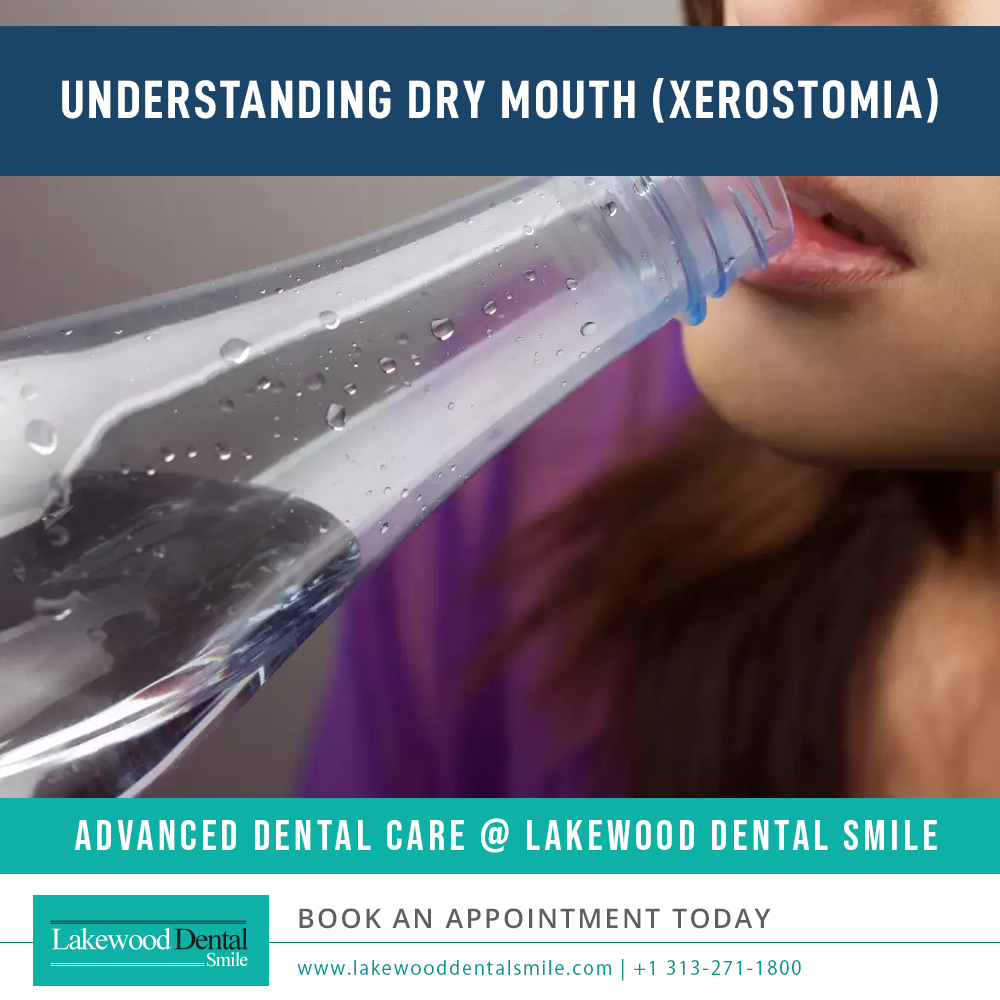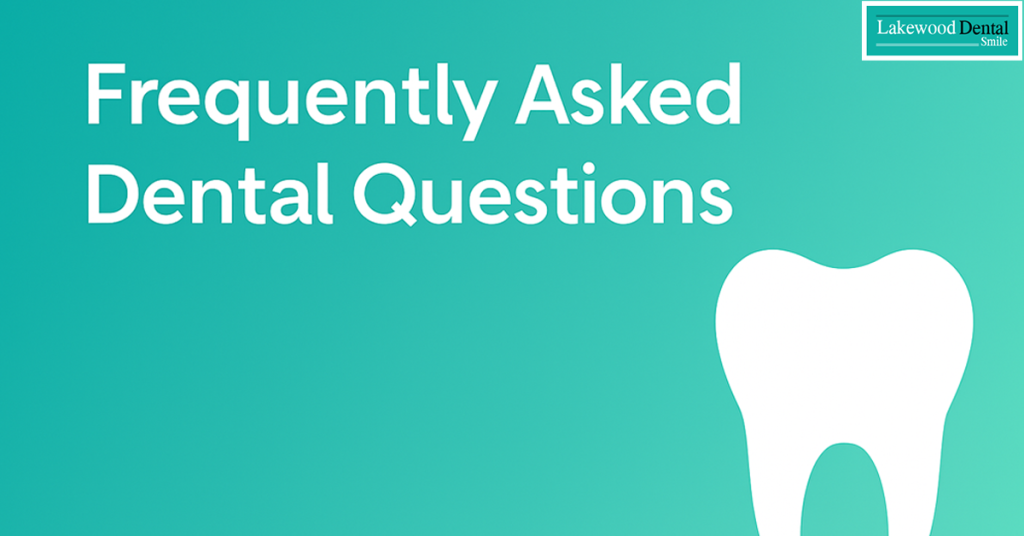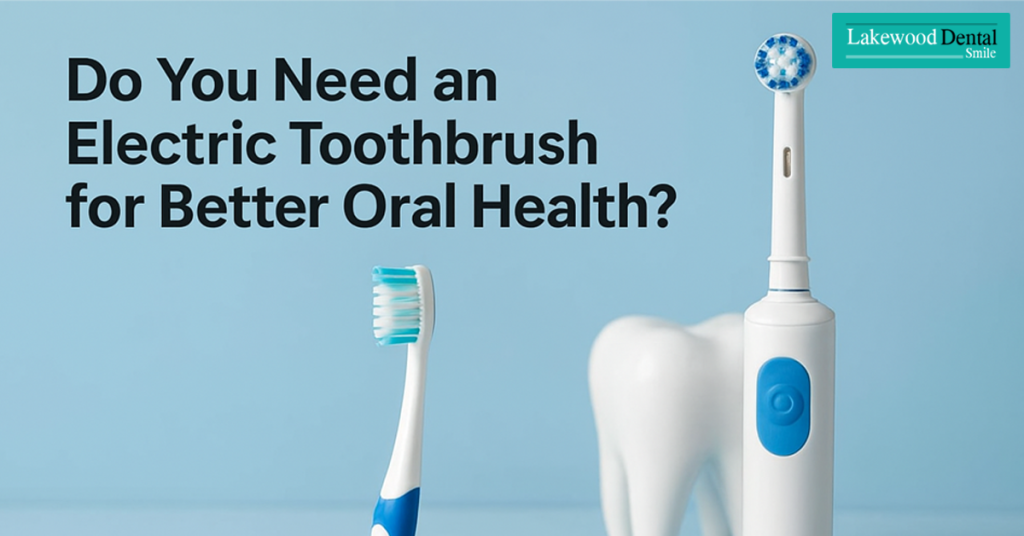Dry mouth treatment is crucial for maintaining oral comfort and preventing long-term dental complications. Many individuals experience dry mouth at some point, often unsure why it occurs, how it affects oral health, or what remedies are effective. This guide explains the causes, signs, and practical approaches to managing dry mouth while keeping your smile healthy. With this knowledge, you can take proactive steps to reduce discomfort and protect your oral tissues. Next, we will explore detailed procedures and strategies for relief.

What Causes Dry Mouth?
Saliva keeps the mouth moist, aids digestion, and neutralizes harmful acids. When salivary glands fail to produce enough saliva, dryness occurs. Causes include:
- Medication side effects (antihypertensives, antihistamines, antidepressants)
- Dehydration or insufficient fluid intake
- Medical conditions like diabetes, Parkinson’s, or Sjögren’s syndrome
- Mouth breathing or stress
Common symptoms include dry lips, sticky mouth feel, persistent thirst, difficulty speaking or swallowing, and burning sensations. Early dry mouth treatment prevents bacterial buildup and subsequent oral issues.
Importance of Saliva
Saliva performs several vital functions:
- Neutralizes acids produced by bacteria
- Helps in chewing and swallowing
- Supplies minerals like calcium and fluoride to strengthen teeth
- Reduces bad breath by washing away food particles
Reduced saliva increases the risk of cavities, gum inflammation, tongue swelling, and bacterial overgrowth. Timely dry mouth treatment preserves these protective functions and supports overall oral health.
Dry Mouth in Children
Children can experience dry mouth due to medications, dehydration, mouth breathing, or medical conditions. Signs include:
- Difficulty eating dry foods
- Frequent sipping of liquids
- Cracked lips
Encourage hydration, proper oral hygiene, and healthy eating habits. Pediatric dentists may also recommend saliva-stimulating techniques as part of a preventive dry mouth treatment plan.
Dry Mouth in Adults
Adults are more commonly affected due to aging, stress, medication use, and chronic illnesses such as diabetes or Alzheimer’s. Risk factors include:
- Blood pressure or allergy medications
- Parkinson’s or Alzheimer’s medications
- Dehydration and lifestyle factors (alcohol, caffeine, smoking)
Managing triggers, maintaining hydration, and following a dental care routine are essential components of adult dry mouth treatment.
Procedure: Step-by-Step Relief Measures
Effective management involves simple, practical steps:
1. Chew Sugar-Free Gum
Chewing stimulates saliva production. Gums containing xylitol provide extra protection against tooth decay while increasing oral moisture.
2. Drink Plenty of Water
Hydration is the most straightforward and effective way to maintain saliva flow. Sipping water throughout the day helps prevent dryness and supports overall oral comfort.
3. Avoid Alcohol and Carbonated Drinks
Alcoholic and fizzy beverages worsen dryness and can erode enamel. Replace them with water, milk, or non-acidic drinks.
4. Limit Salty and Spicy Foods
High-sodium or spicy foods increase dehydration and irritation. Favor balanced meals rich in vegetables and moderate seasoning.
5. Breathe Through the Nose
Mouth breathing accelerates oral dryness. Encourage nasal breathing during sleep and daily activities whenever possible.
Applying these measures consistently can significantly improve oral comfort and establish a foundation for ongoing dry mouth treatment.
Benefits of Dry Mouth Treatment
- Protects Oral Health: Maintains enamel strength, prevents gum inflammation, and reduces risk of cavities.
- Enhances Comfort: Moist oral tissues prevent burning, speech difficulties, and sticky mouth sensations.
- Controls Bad Breath: Saliva helps control bacterial growth, promoting fresher breath.
These benefits naturally lead into real-life patient scenarios where proper management restores both function and confidence.
Patient Scenario
A patient named Sara (name changed for privacy) visited Lakewood Dental Smile with persistent mouth dryness and difficulty speaking. She was on antihypertensive medication, unaware it reduced saliva flow.
After evaluation, our dental team advised hydration strategies, fluoride rinses, and sugar-free gum use. Within three weeks, Sara experienced improved comfort, easier speech, and fresher breath. This demonstrates how personalized dry mouth treatment can restore both oral health and quality of life.
Aftercare & Maintenance Tips
- Regular Dental Visits: Checkups every six months help monitor oral health and saliva levels.
- Use Alcohol-Free Mouthwash: Refreshes without worsening dryness.
- Maintain Humidified Air: Reduces nighttime dryness and irritation.
- Eat a Balanced Diet: Include fibrous fruits and vegetables that stimulate saliva naturally.
Following these tips extends the benefits of dry mouth treatment and maintains long-term oral wellness.
Conclusion
Effective dry mouth treatment goes beyond temporary relief — it protects teeth, gums, and overall oral comfort. Whether caused by medications, dehydration, or lifestyle factors, timely management prevents complications. For persistent dryness or discomfort, visit Lakewood Dental Smile in Dearborn, Michigan, for personalized care and advanced solutions. Our team ensures comfort, protection, and a healthy, confident smile.





